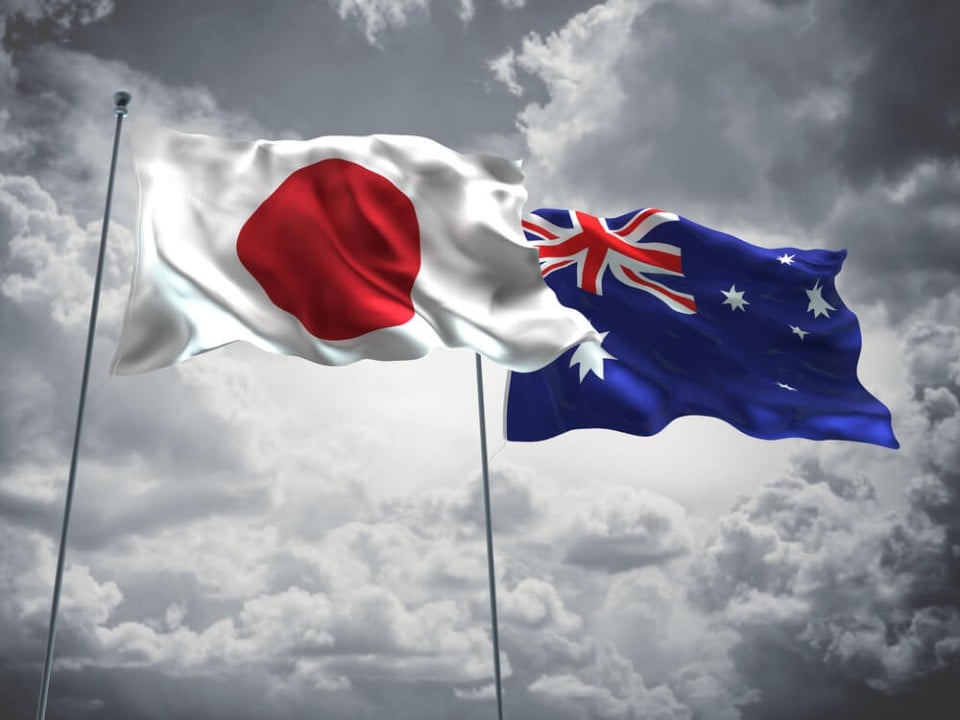AUD/JPY rises above 94.00 following PMI data from both countries
24 Mar 2025

AUD/JPY is experiencing an upward trend as Australia's Judo Bank Manufacturing PMI increased to 52.6 in March, up from 50.4 in February. The Australian Dollar is gaining strength due to anticipations that the Reserve Bank of Australia will maintain interest rates at their current level in April. Conversely, the Japanese Yen is weakening as disappointing Jibun Bank PMI figures negatively impact market sentiment.
The AUD/JPY pair has ended a four-day decline, trading around 94.20 during the early hours of European trading on Monday. This rise is attributed to the Australian Dollar's strength following the release of positive preliminary Judo Bank PMI data.
In March, Australia's Judo Bank Manufacturing PMI improved to 52.6 from 50.4 in February, while the Services PMI rose to 51.2 from 50.8. The Composite PMI also saw an increase, reaching 51.3, up from the previous 50.6.
The Australian Dollar is gaining further momentum amid expectations that the Reserve Bank of Australia (RBA) will keep interest rates unchanged in April, following a reduction in borrowing costs for the first time in four years in February. Additionally, optimism regarding potential stimulus measures from China is bolstering the Australian economy, given the strong trade ties between the two countries.
The AUD/JPY pair is also benefiting from improved risk sentiment, as the White House adjusts its tariff strategy ahead of the April 2 implementation, as reported by the Wall Street Journal. Geopolitical tensions have lessened, with Ukrainian and US officials convening in Riyadh on Sunday to discuss peace initiatives, while President Trump continues to advocate for an end to the ongoing conflict.
Furthermore, the AUD/JPY pair is appreciating as the Japanese Yen (JPY) remains under pressure due to weaker-than-expected PMI data, which undermines the Bank of Japan’s (BoJ) hawkish outlook. Japan’s Jibun Bank Services PMI fell to 49.5 in March from a six-month high of 53.7 in February, marking its first contraction since October and the most significant decline in nine months.
Simultaneously, the Manufacturing PMI decreased to 48.3 in March from 49.0 in February, falling short of the anticipated 49.2 and extending its contraction streak to nine consecutive months.

